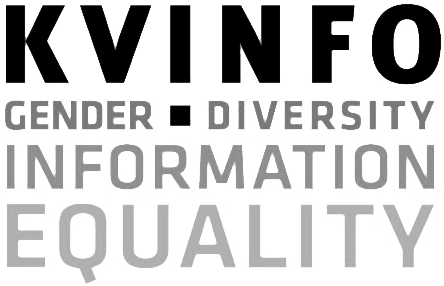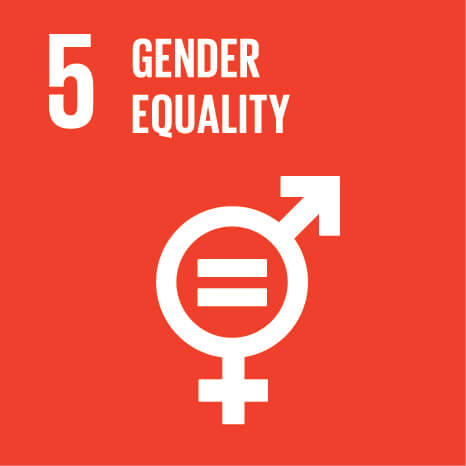The aim of the project is to contribute to Jordan’s commitment and obligation to realise the rights of women enshrined in the Convention on the Elimination of all forms of Discrimination Against Women (CEDAW).
Background
Gender Equality and Women’s Human Rights lie at the core of democratic governance. Jordan ratified most international human rights instruments and in particular CEDAW in 1992, the Convention on Civil and Political Rights (CPR) in 1975 and the Convention on Economic, Social and Cultural Rights (CESCR) in 1975.
A number of challenges hinder women’s participation in public life in Jordan, such as social restrictions resulting from the traditional structure of Jordanian society, which rejects the notion of equality between men and women. In a male-dominated patriarchal system, women are expected to devote their time and efforts towards their families and households. In addition, not only are women excluded from politics, but also very often denied their right to an equal social status, education and income, which in turn affects their political participation. The decreasing participation of women in economic affairs creates a dependence on men, who as a result control economic resources. This lack of independence restricts women from making their own decisions with regard to their roles in the society and politics. There is also the consideration of constitutional and legal frameworks in a country, which can either help or hinder women’s participation in politics.
Facts about the Accellerating Gender Equality Locally project
- Local partners: Jordanian Women’s Union (JWU), Al Sanabel and local community based organisations
- Danish partner: KVINFO
- Country: Jordan
- Donor: The European Union and the Danish-Arab Partnership Programme under the Danish Ministry of Foreign Affairs
- Thematic area: Equal Political Participation
- Duration: 2 years starting January 2021
Jordanian women’s participation in political parties dates back to the 1950s. However, political activism came to a halt in the period between 1957 and 1992. In 1992, the new Political Parties Law granted women the right to participate in political parties. Since then, women have become founding and active members of political parties, but their participation has remained largely cosmetic and symbolic. As a result, women are still largely underrepresented in senior positions of many parties. Furthermore, women’s rights issues are still neglected in their policy platforms, and the number of women involved in these parties remains low.
The Human Rights Strategy of Jordan has the enhancement and protection of women’s rights as a separate goal in its third pillar. In the latest UPR cycle, Jordan received 226 recommendations of which 78 were pertaining to gender inequalities and women’s rights situation in Jordan, many of which are addressed in this project.
Civil society in Jordan is considerably new. Most non-governmental organisations (NGOs) started operating after the elimination of the martial law in the 1990s. Civil society is fast developing, however largely inexperienced. As mentioned above, women do not have the same opportunities as men but are increasingly taking part in women’s organisations and need to develop their capacity to lead human rights organisations. Women in rural areas face an array of socio-cultural and economic challenges and need to know about their rights first, in order to be able to claim them. The movement for women’s rights in Jordan is at a stage that requires support for its consolidation and further development. In general, women’s organisations and beneficiaries of this project need to have the knowledge, tools and opportunities for dialogue and coordination that would enable them to improve women’s rights.
Activities
The project strives to improve social norms in Jordan regarding women’s rights, from achieving gender equality to women’s roles and participation in their communities. These are the key improvements expected at the very heart of the action.
To achieve this, JWU for the first time in Jordan, has targeted municipal council members through a legal approach where they are trained to view services as rights, especially those of women.
Activities include:
- Assessing, improving and monitoring the capacity of civil society organisations through a sub-granting scheme. This is expected to amplify local ideas and voices on how to translate democratic values and accountable governance into actions that overcomes barriers to women’s participation in public life.
- Capacity building of municipal council members in relation to the protection and advancement of women’s humans rights as a prerequisite for democratic sustainable development, for example in preparing strategies and developing plans and needs assessments. This relates to the Jordanian Law of Municipalities of 2015.
- 75 individuals from local communities, civil society organisations and other relevant stakeholders from all 12 Jordanian governorates will be trained for influencing mind-set and perceptions on gender equality.
Approach
JWU and Al Sanabel uses the innovative methodology called GenderLab, which is engaging key stakeholders (from the public /private sector at the local level) to come up with new and innovative solutions to challenges and barriers to gender equality. Apart from generation ideas, this approach can also help facilitate increased dialogue locally.




